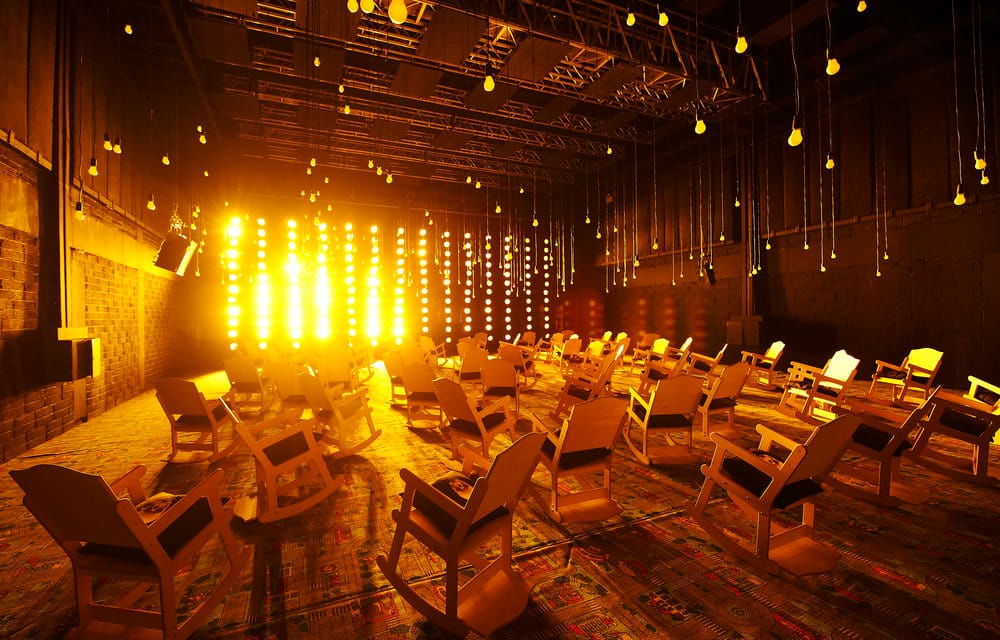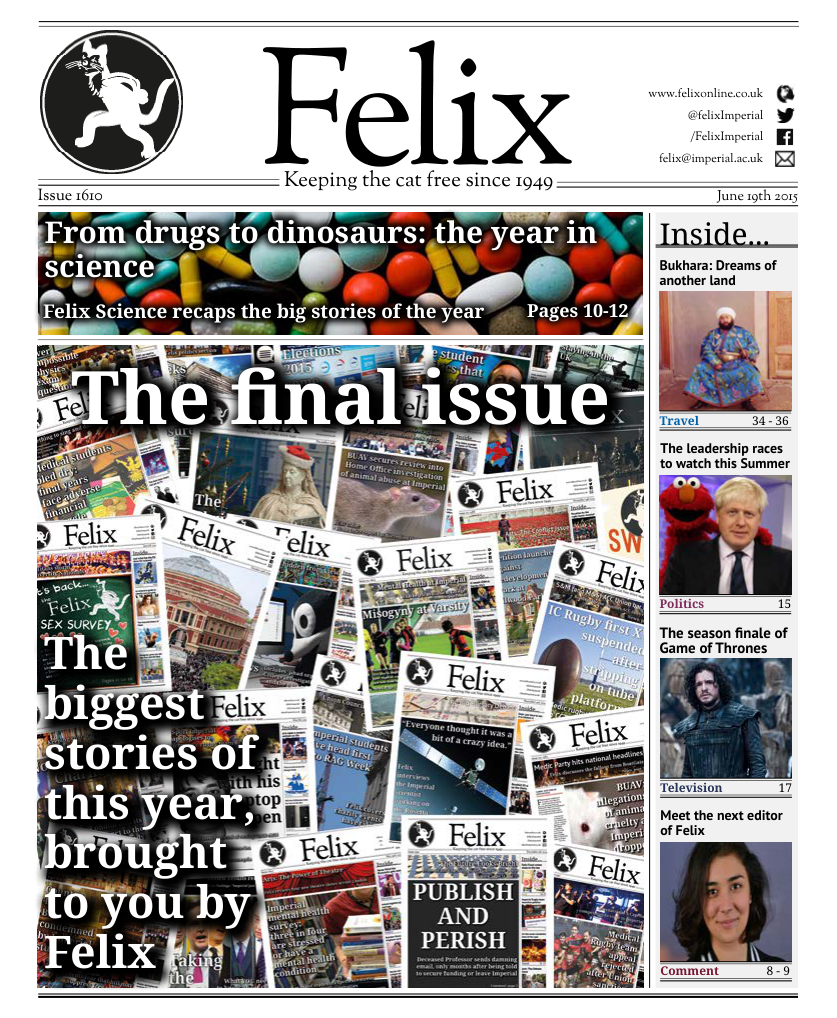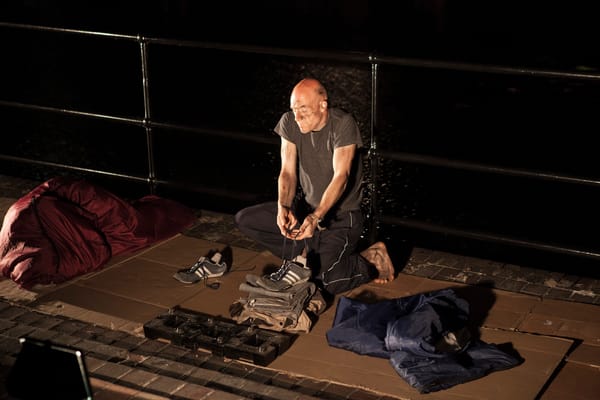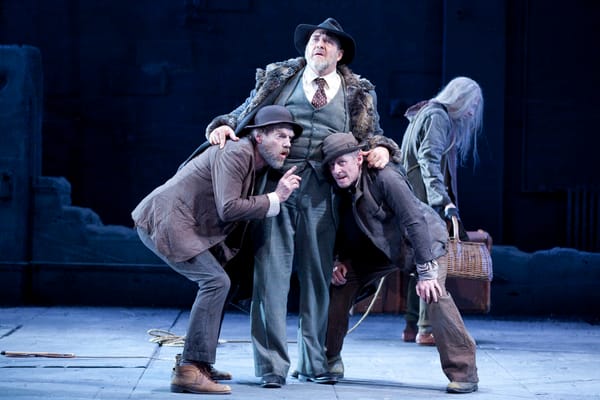All That Fall: A Light Show Hiding Real Substance
Emiel de Lange finds that the auditory component of Beckett's work far outweighs the visuals

We enter a dark room scattered with rocking chairs. The far wall is covered by an array of bright yellow lights, emanating heat and an irritating electrical buzz, while dimly lit bulbs hang from the ceiling. Taking our seats on the cushioned wood, I can see the looks of anticipation and curiosity on faces around me. Like them, I had little idea of what to expect, though we were promised to be “immersed into an atmospheric chamber of multiple speakers and ambient lights” whilst listening to Samuel Beckett’s radio play, All That Fall.
All That Fall, while obsessed with the mundane and the menial, paints our world as a dark and grotesque place. The one-act play follows the elderly Maddy Rooney, who makes her way along a country road to meet her husband at the train station. Her journey is tiresome and she feels as if all the world is working against her. Although friendly passers-by offer to help her she still moans, and when she finally reaches the station, the train is late; the cause of this delay we don’t discover until a harrowing climax towards the end. This is a unique moment of suspense and emotion in comparison to the rest of the play, which feels rather ordinary. Maddy complains at the small things in life, she becomes annoying and self-righteous, and listening to her I began to tire of life myself. This is a sort of a magic I have only recognised in hindsight; one that allowed me to step into an existentialist perspective on the world and see some of its absurdities and hollowness. Depressing though it is, it’s an invaluable perspective, and in fact caused frequent bouts of laughter in the room. Laughter may indeed be the right response to life’s absurdity.
In this production, the voice acting was superb and evocative. I could physically feel the weariness in Maddy’s voice, and the action was easily and vividly cast against the backdrop of my eyelids. However, more than reproducing Beckett’s masterful script, the recording - I think through the timing and mixing of ambient sounds - lent the experience a harsh objectivity. I felt like a spirit floating through the action, never feeling at home. There was a sort of tunnel vision: voices and noises seemed to appear and disappear unexpectedly and were heard abstractly – their existence preceding their essence as the existentialists would say.
I am less certain about the visual components of this production. Sitting, or rather, rocking in the dark among the many others in the room did lend an air of occasion to the process, but I found the light show to be distracting. The orange lamps seemed to fade on and off without logic, accompanying the sounds of an engine first and then a gust of wind. At one moment they were arranged in the shape of a cross, which I thought to be a heavy-handed statement to impose on such a subtle text. This is a play that could be better experienced at home, in a dark room, with a good set of speakers, but if you do decide to go – make sure you keep your eyes closed.
All That Fall is on at the Barbican until 21st June. Tickets from £18, available online







